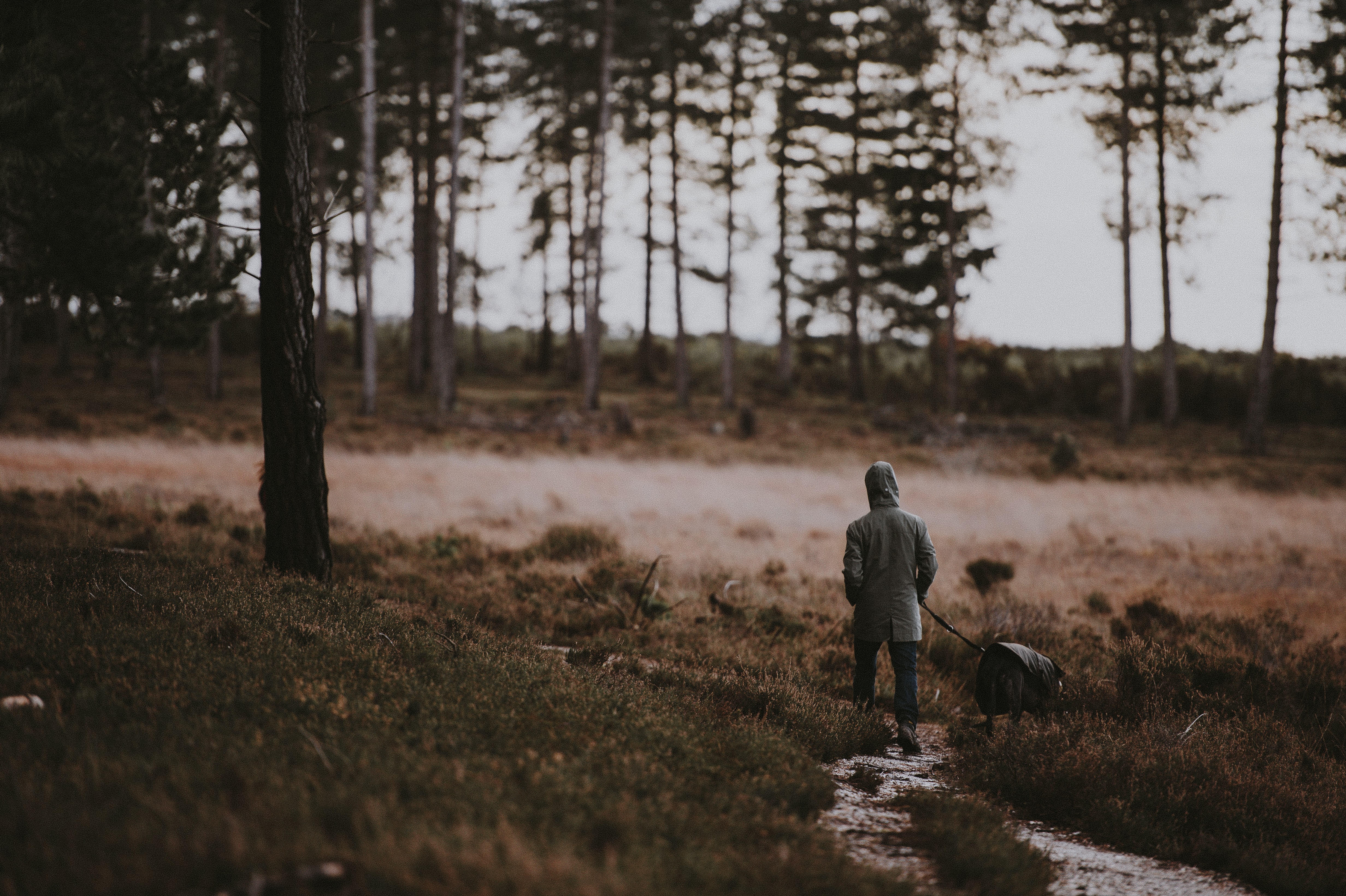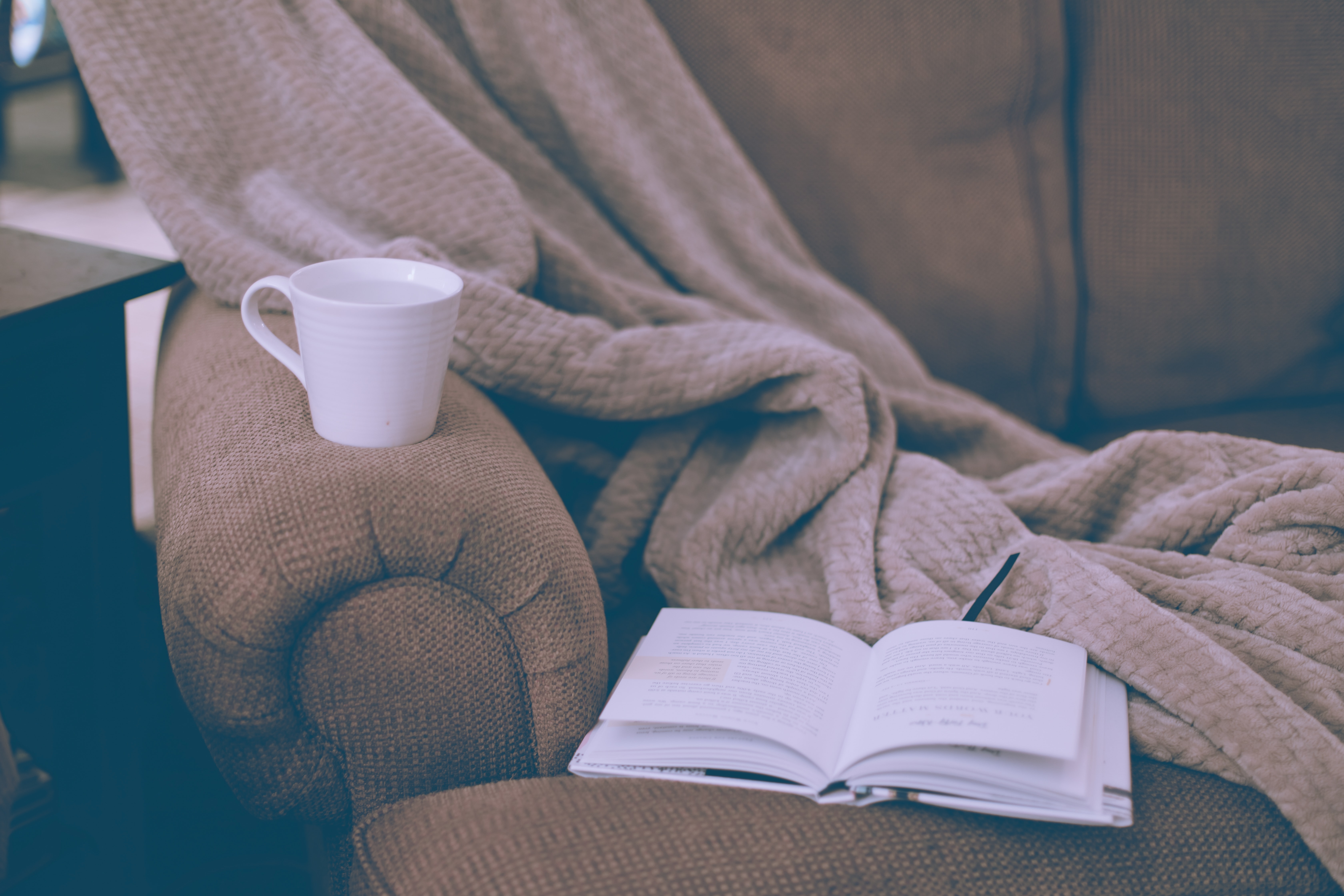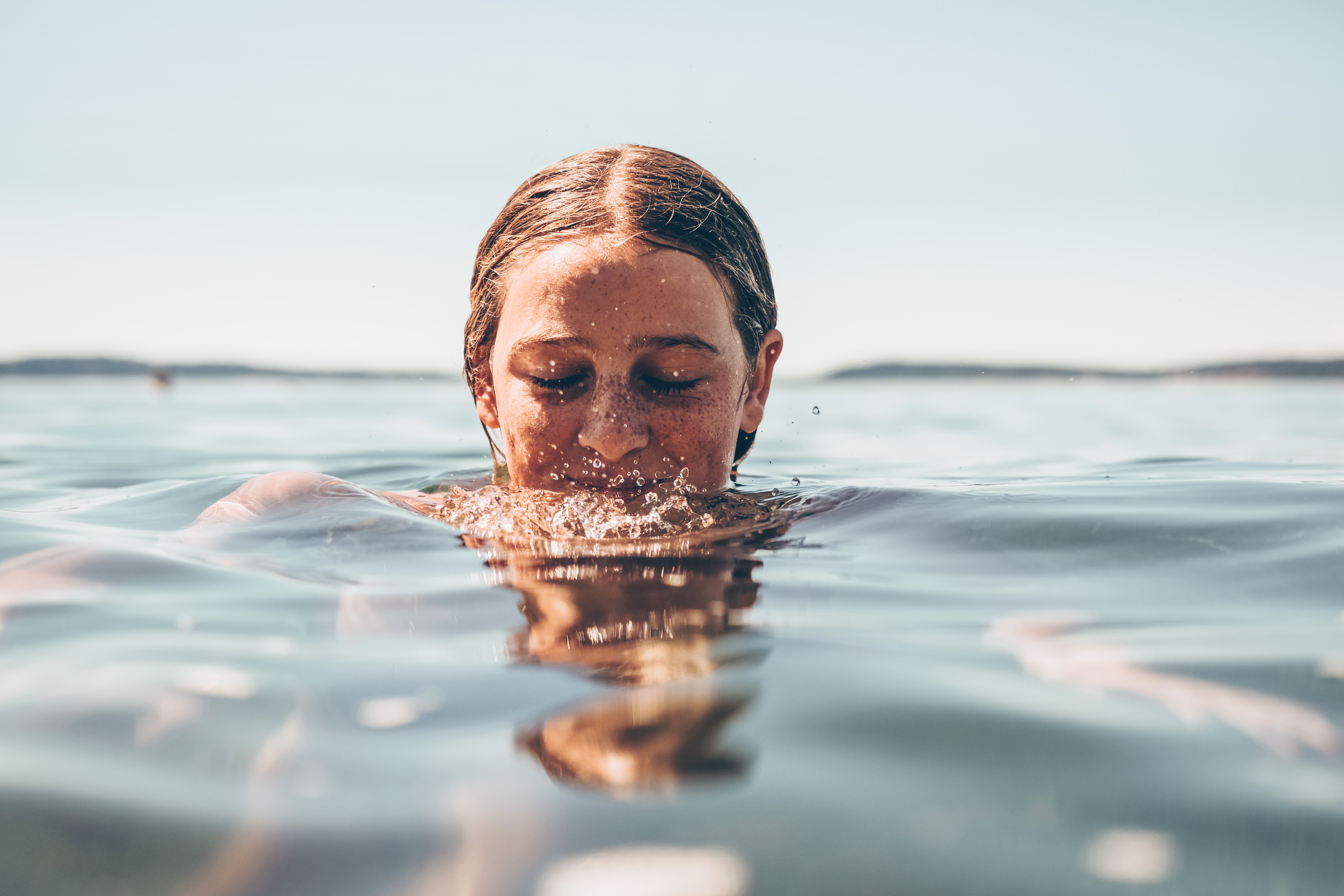To say 2020 has been a difficult year would be an understatement. Around the globe people are coming to terms with what life looks like living in the shadow of a pandemic. On top of that there has been a collective realisation that, for many people, the institutions meant to protect them are systemically failing them.
2020 has also been the year that self-care has gone mainstream – everyone from TV personalities to politicians and corporate leaders have been talking about looking after ourselves in these unprecedented times. And this is a wonderful thing: our bosses and our leaders needed to wake up to the benefits of looking after people’s wellbeing as well as the company’s (or country’s) bottom line.
Earlier this year when the UK was still at the start of national lockdown, I felt OKAY. Yes I was worried about the health of loved ones, but my job was secure and I felt able to deal with the uncertainty around me. Taking time out to practice self-care was already part of my routine and I was secretly quite smug about how content I was with my new normal. I was lucky in lots of ways and when it came to self-care, my habits went largely uninterrupted.

Lockdown for me meant long dog walks every lunch time in the fields near my home. I might have had to switch to Zoom classes, but I was still exercising several times a week. I was working from home which meant more time to cook from scratch, while the end of my commute meant more time to read in the garden sun and to pick up a sketchpad for the first time in years. I felt like I had ‘this self-care thing’ down. Until suddenly I didn’t.
Facing the unexpected
At the start of May, I had an accident that left me needing surgery to fix a broken ankle. I was in pain and overnight the staples of my self-care were no longer available to me. I couldn’t walk the dogs and any exercise that required me to stand on two feet became impossible. And this disruption to my routine spiralled: I stopped spending time in the kitchen, swopping meals that had been lovingly prepared for quick and easy (and more significantly, unhealthy) meals. As my weight crept up I became less motivated to do any exercise, even after gyms and swimming pools started to open again. And rather than enjoying afternoons sunbathing with a book, I’d stay indoors binging on reruns on Netflix.
The irony is, most of my self-care activities weren’t really limited by my ankle injury – it was the self-imposed mental limitations that stopped me making the right decisions when I needed to the most. The activities which I’d been so proud of, ultimately weren’t enough to help me cope with the unexpected.
Self-Care needs strong foundations
The issue, I’ve come to realise, is that I hadn’t taken the time to lay solid foundations for my practice. Much like a Jenga tower where, despite looking stable there are actually huge blocks missing from the base, my self-care practice had some shaky foundations.
While I’d been busy ‘doing nice things’, I hadn’t taken the time to lay the groundwork for my self-care. It wasn’t until my accident that suddenly I was forced to confront this – without my normal activities to keep me busy I found myself with more time to reflect on what was important to me, and what wasn’t.
The key is listening to yourself and hearing your truth; without taking the time to reflect on how you feel, self-care can end up being shaped by what looks good on Instagram rather than by what’s important to you.
Compassion and Kindness
Trying to practice self-care while living with pain has also taught me the importance of being kind to yourself – of showing yourself the same compassion you’d show someone else. I used to beat myself up if my walks weren’t long enough, I didn’t work out hard enough, if my cooking wasn’t ‘restaurant quality’. These criticisms only became worse following the accident, where I was becoming increasingly frustrated by my inability to take part in HIIT classes or competitive training sessions. Despite the fact I’d be the first person to tell a friend to take it easy while they recovered, I was my own harshest critic.

Living with pain has taught me that self-care can be as simple as giving yourself permission to relax. To take it easy and be kind to yourself when things aren’t going the way you want them to. The physical limitations I’ve faced have meant I’ve had to become more creative with how I spend my time and as a result I’ve tried things I’ve never done before – art classes and sea swimming, for example – which nurture my body and soul in a way no gruelling workout could.
I’m still several months away from a full recovery – physio and rehabilitation mean there are still physical limitations on what self-care activities I can do. But today that doesn’t make me want to give up altogether. Self-care isn’t really about what we do. It’s how we treat ourselves in the moments we are struggling most. And from today I choose to treat myself with kindness.


